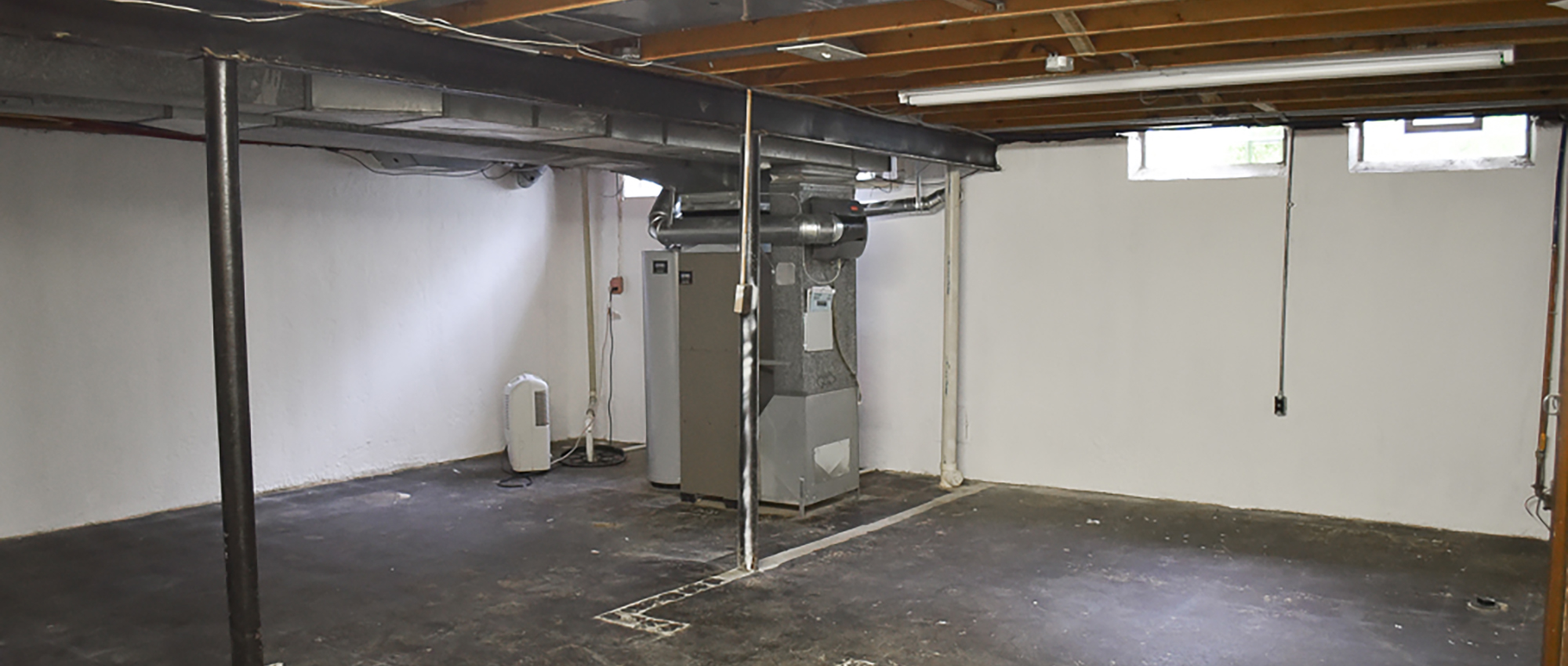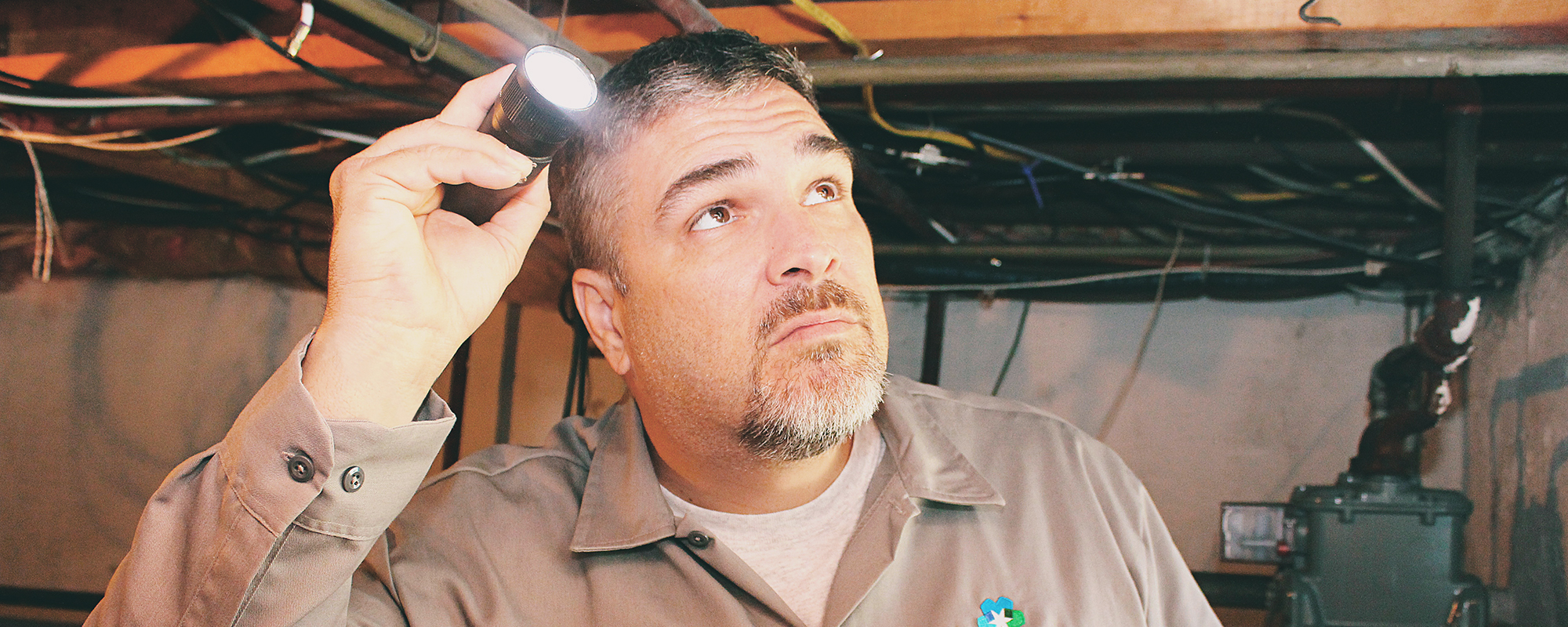
New Jersey basements are one of the most common areas of concern when it comes to moisture problems and mold development. In order to protect your home, prevent structural damage and avoid costly repairs, homeowners must make efforts to maintain a dry basement. Damp basements are vulnerable to moisture damage and mold problems. Basements do not have to be damp and musty. As a homeowner, there is a lot you can do to maintain dry basement conditions in your New Jersey home.
Tips to Maintain a Dry Basement:
- Gutters— Gutters and downspouts should be clean and free debris or obstructions to ensure proper and sufficient drainage. Water should always be directed away from the property. Downspouts should not be connected to your foundation footer drain tiles or to underground dry wells
- Gutter guards can help prevent leaves from getting into your gutter. But even with gutter guards, it is still good to make a habit of checking your gutters to make sure nothing gets lodged in the crevices.
- Grading— The ground around your foundation should slope away from your home, so that water flows away from your foundation.
- Track the water pattern during heavy rain. Keep an eye on your yard during heavy rain to see if the water approaches and pools near your home. If you notice consistent pooling, contact a landscaper or excavation contractor for advice on how to direct the water away from your home.
- Foundation— Your foundation walls need to be in good condition with sufficient drainage to keep moisture out of your basement.
- Regularly assess your foundation walls from the outside, and your basement walls from the inside to identify and address any signs of damage. Look for any cracks, masonry damage, or interior signs in our main living space– these can all be warning signs of foundation damage in NJ.
- Drainage— Make sure that you have sufficient drainage in your basement and around your foundation. Drains need to clean and free of debris in order to be effective.
- Leaks— Leaks should be addressed immediately. Check for leaks regularly to identify a problem before it has the chance to do too much damage.
- Routinely check for water leaks in your basement ceiling from the levels above.
- Check all HVAC components and plumbing systems running through the basement for leaks or condensation.
- De-Humidification— Basement dehumidifiers can help to keep your NJ basement dry. Be sure to pick a dehumidifier that is properly rated for the size of the space.
- De-Clutter— Cluttered spaces limit air flow and can promote moisture buildup. Open up your basement to optimize air circulation by taking some time to regularly organize and purge some of your stored items.
- Sump Pump— If have a basement sump pump or if you plan to install a sump pump, you will want to make sure that it is discharging water properly.
- Check sump pumps regularly to make sure that it is operating properly– turns on at the proper pit level and automatically turns off properly when the level is back down.
- You will also want to clean your sump pump’s strainer screen regularly.
- If you have a sump pump pipe discharging on the ground, make sure it carries the water far enough away from the walls. If it discharges below the ground, make sure connections don’t leak and are not in danger of freezing in cold weather.
- Waterproofing— If your basement is below ground level and is prone to moisture intrusion, it may require basement waterproofing to help combat seepage or moisture buildup from groundwater.
- Window Wells— Basement windows, that are built below grade, should have wells built around them on the outside. These wells should have been constructed to provide good drainage at their bottoms.
- Keep these window wells clean and free of debris to prevent clogs and water buildup. You should also check that the sides of your window wells are sealed tightly against your foundation.

Damp basements are problematic. Taking the time to keep a dry basement will help prevent moisture damage and avoid mold development in your home or business. However, sometimes, despite all the precautions taken, some water events are inevitable. If you suspect that moisture problems in your NJ basement could be contributing to mold development in your home or business, you should contact a trained basement mold professional in New Jersey. A Mastertech basement mold inspection in NJ will determine if you have mold, how bad it is, what caused it, and how to safely and effectively remove it.


